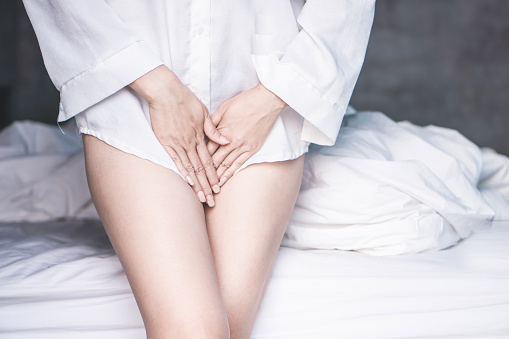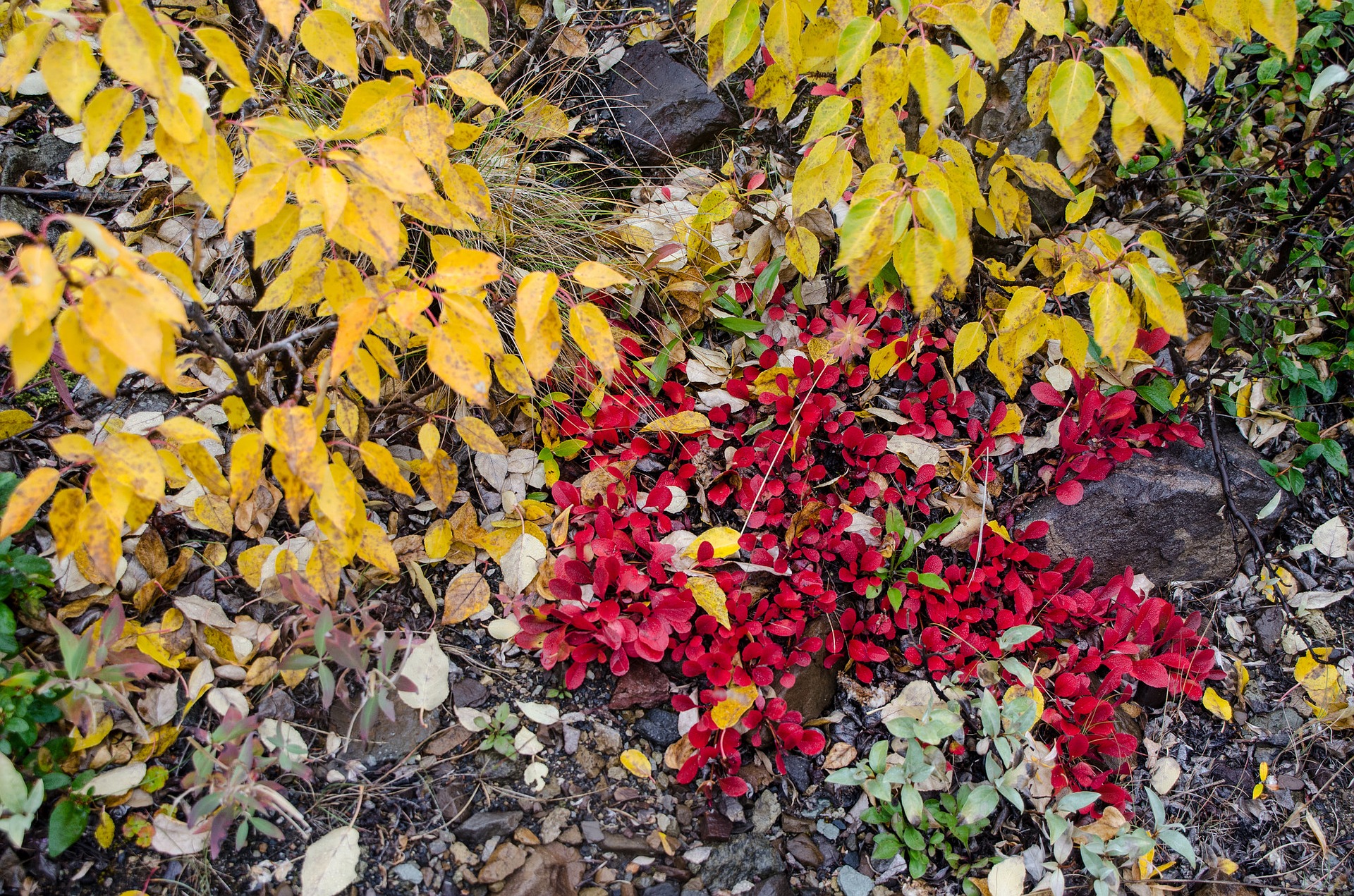Table of Contents
Cystitis is a very common and frequent ailment that can be caused by various factors, such as bacteria, inflammation, infections, etc. Stress, for example, can also be a possible cause. To try to prevent or improve situations of this type, it is important to follow a correct diet, without exaggerating in sugars.
We see below the best natural remedies to try against cystitis.
Cystitis: causes and symptoms
Cystitis is an inflammation of the urinary tract very often of bacterial origin. Although it is more common in women due to their anatomical conformation, men can also suffer from it. The causes, as mentioned, can be many: most of the time its appearance is due to infections and bacteria. But it can also be caused by viruses and fungi.
Then there are risk factors such as frequent sexual intercourse, some contraceptive methods, poor intimate hygiene, antibiotic therapy, use of inappropriate intimate cleansers, etc.
At the level of symptoms, however, we find:
- frequent urge to urinate
- feeling of having a full bladder
- urine that goes down badly
- bad smell of urine
- discomfort and heartburn
- small blood spills
- temperature.

Natural remedies for cystitis
To combat cystitis or try to prevent / improve the situation, there are several very useful and effective natural remedies, without having to resort to invasive medicines or treatments.
Let’s start with the mallow herbal tea, one of the most curative and easily usable solutions, thanks also to the calming and anti-inflammatory properties of mallow. You can take the leaves directly from the plant if you have it in the garden or take it dried and leave it to infuse in the form of an infusion in boiling water. Then, we have the cranberry juice: the ideal would be to take it twice a day, both to counteract the first symptoms of cystitis and to treat a more lasting one. And again, thebearberry it is also used for the treatment of cystitis and urinary inflammation.

Alongside mallow in herbal preparations we also find calendula and theechinacea, mainly used for their antimicrobial properties. And again, the sodium bicarbonate, whose intake is recommended dissolved in a glass of water, at least four or five times a day.











